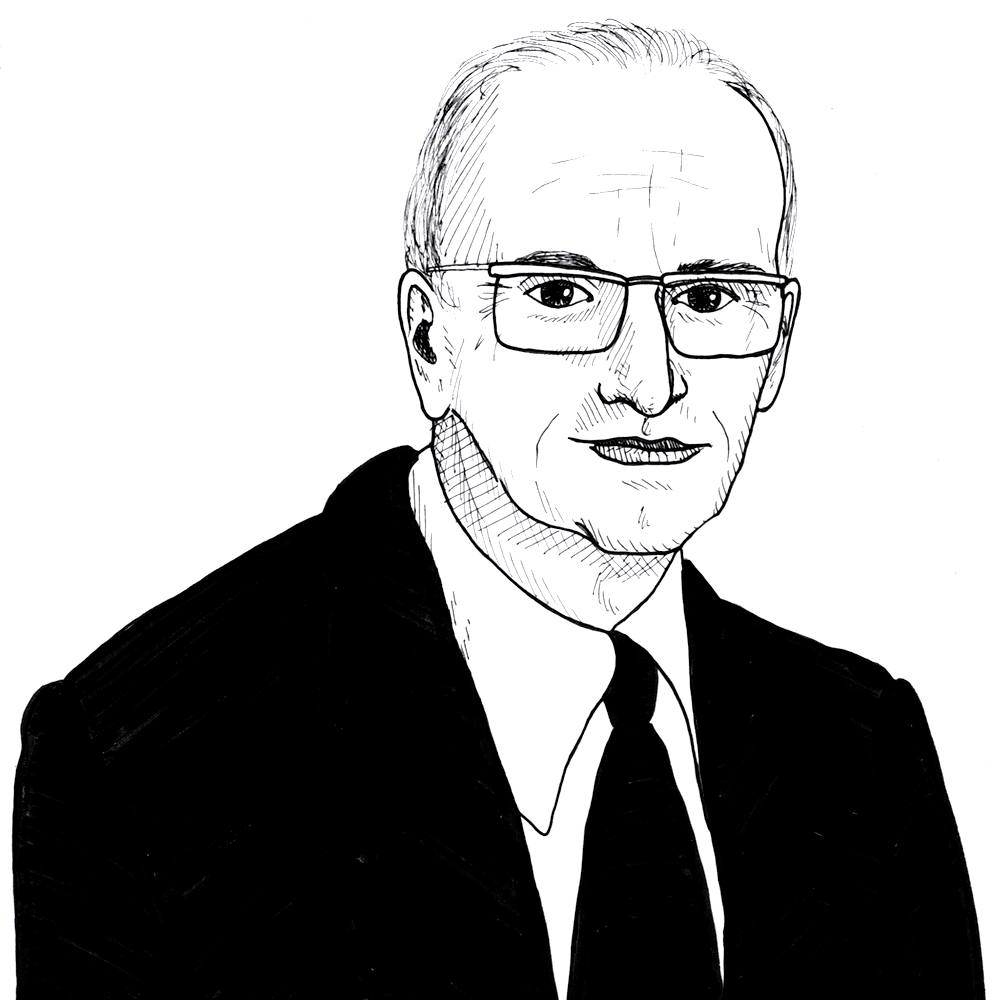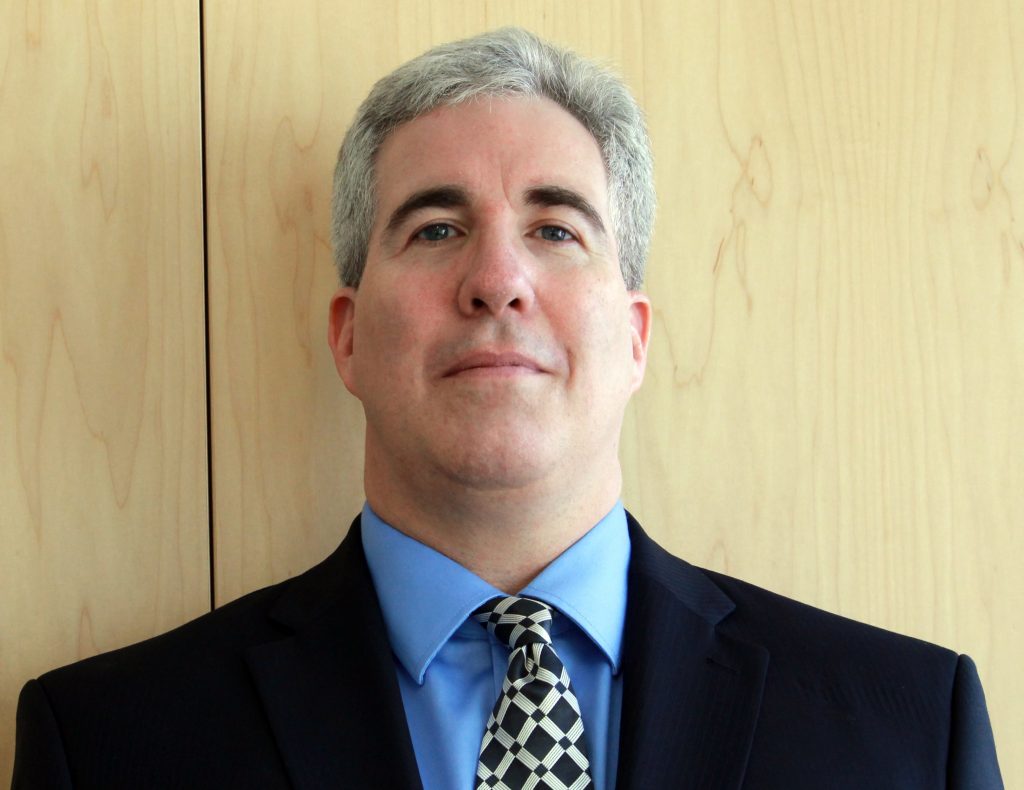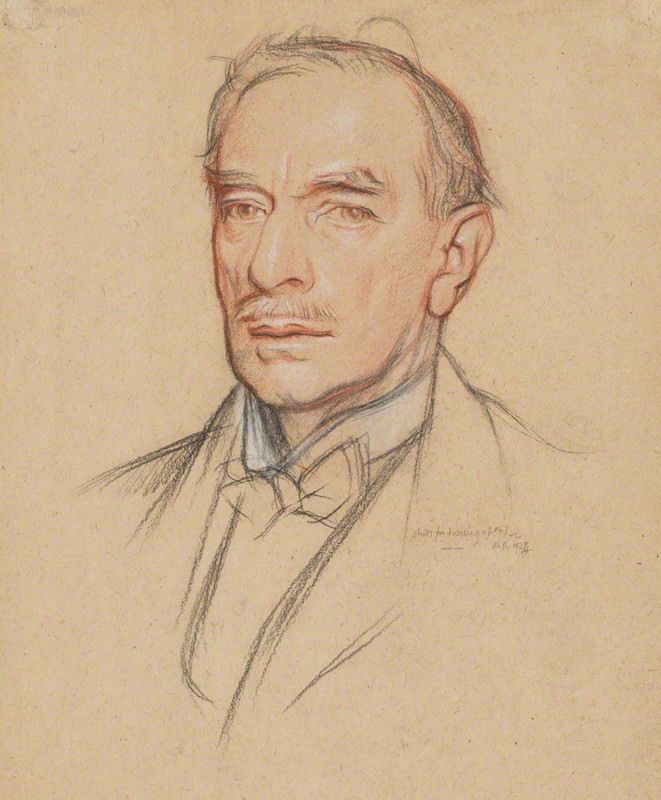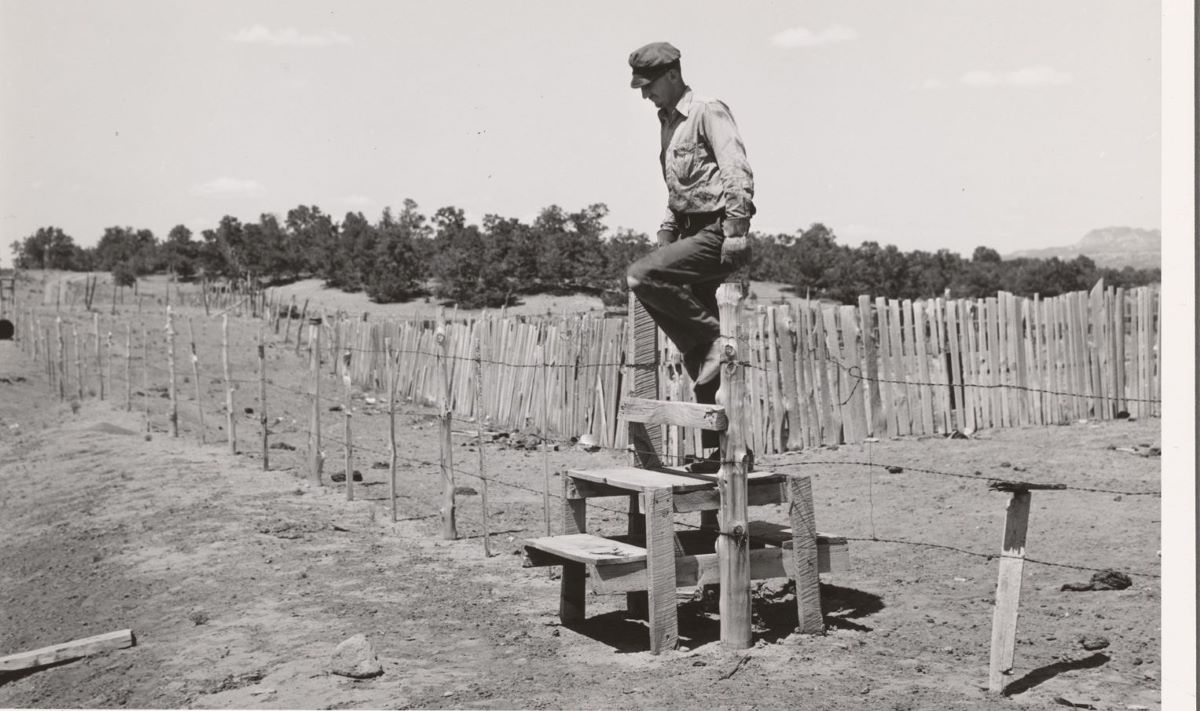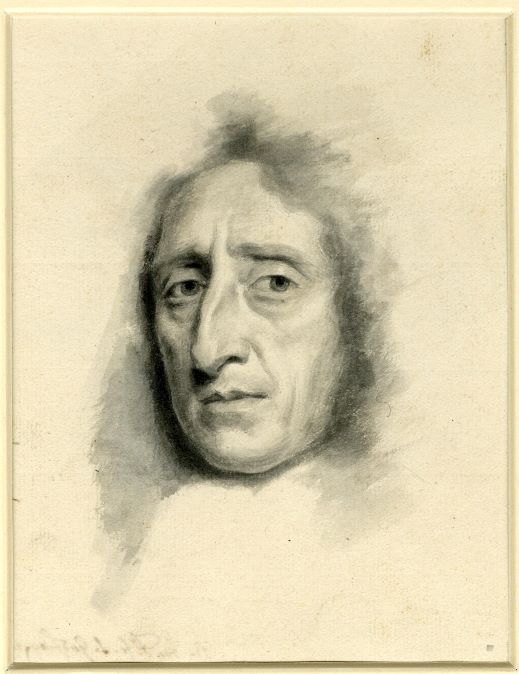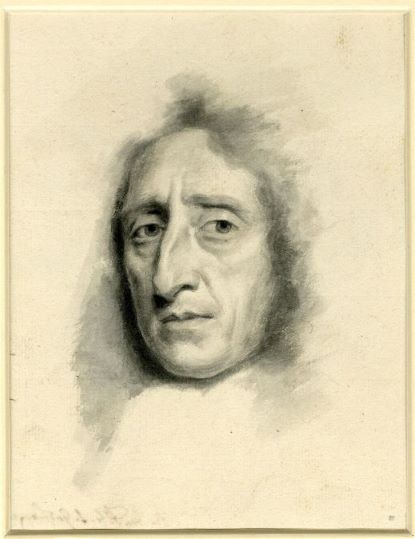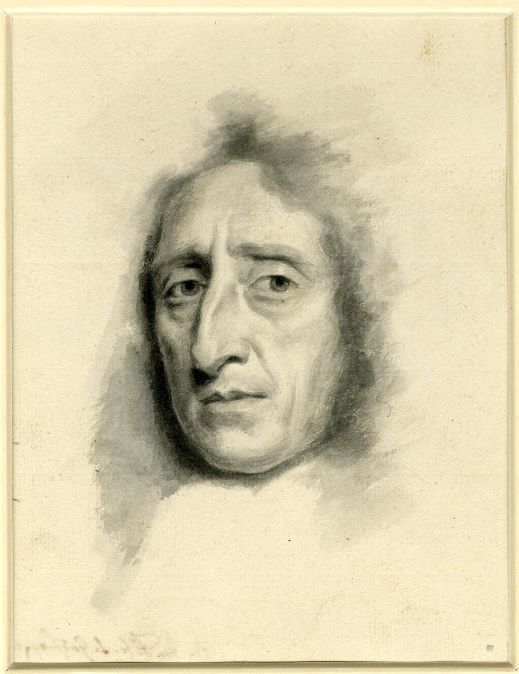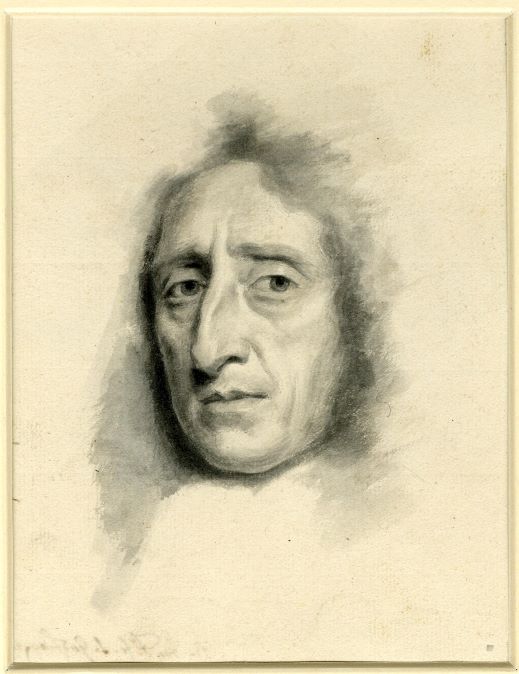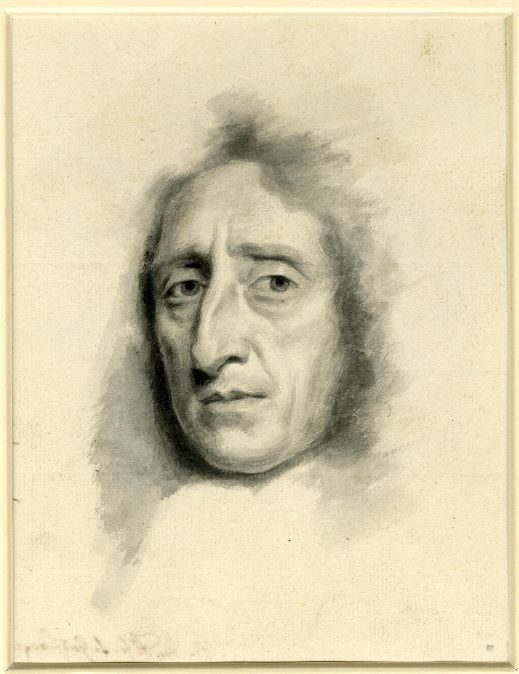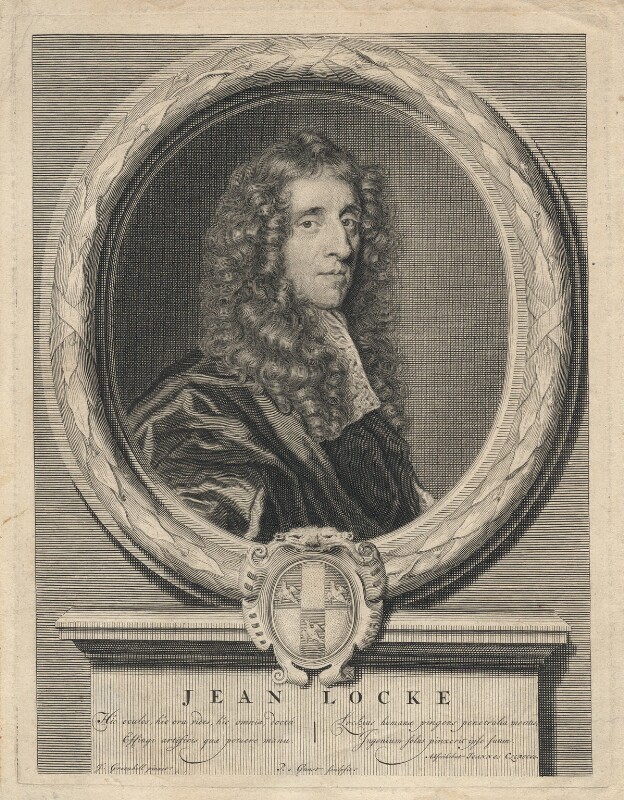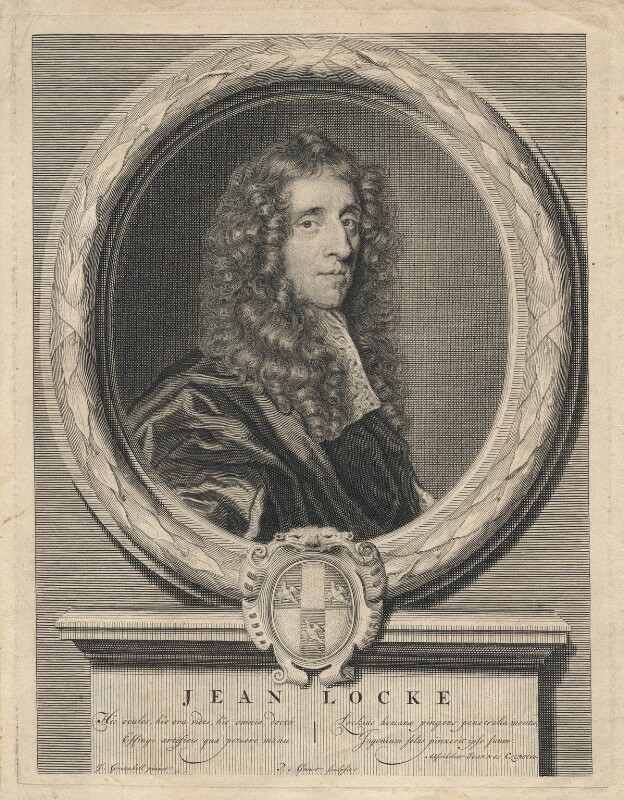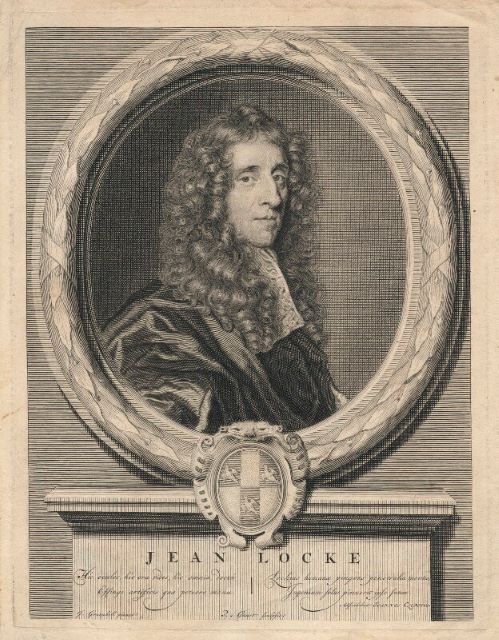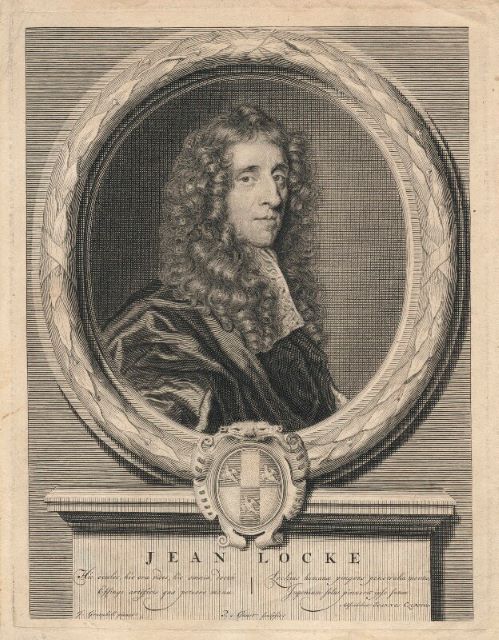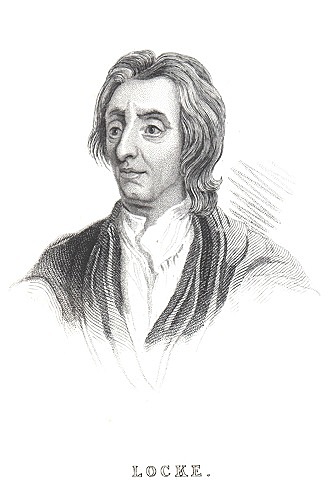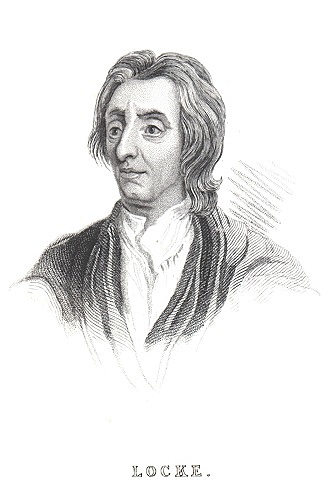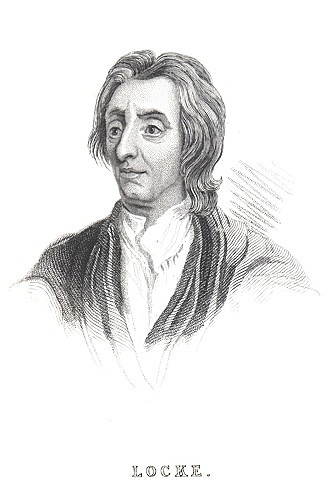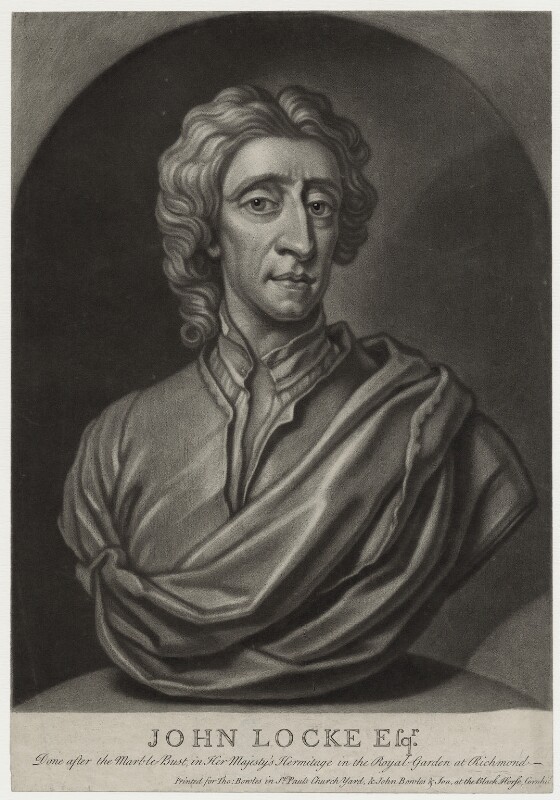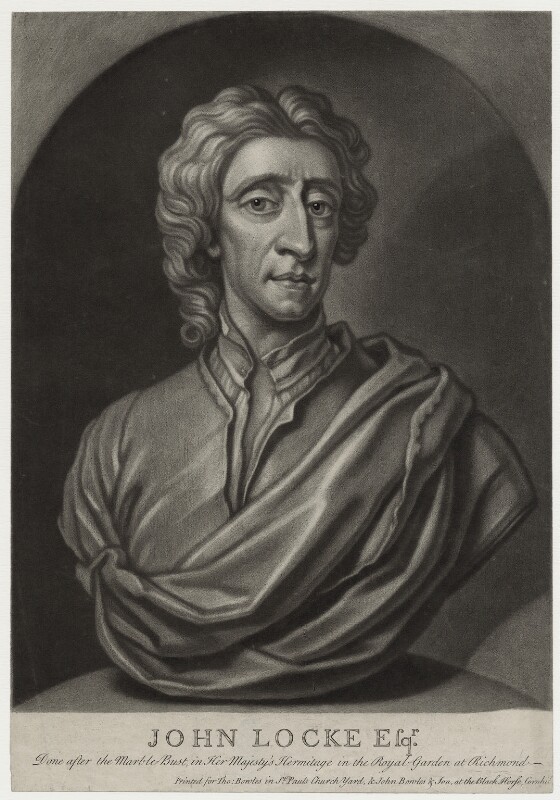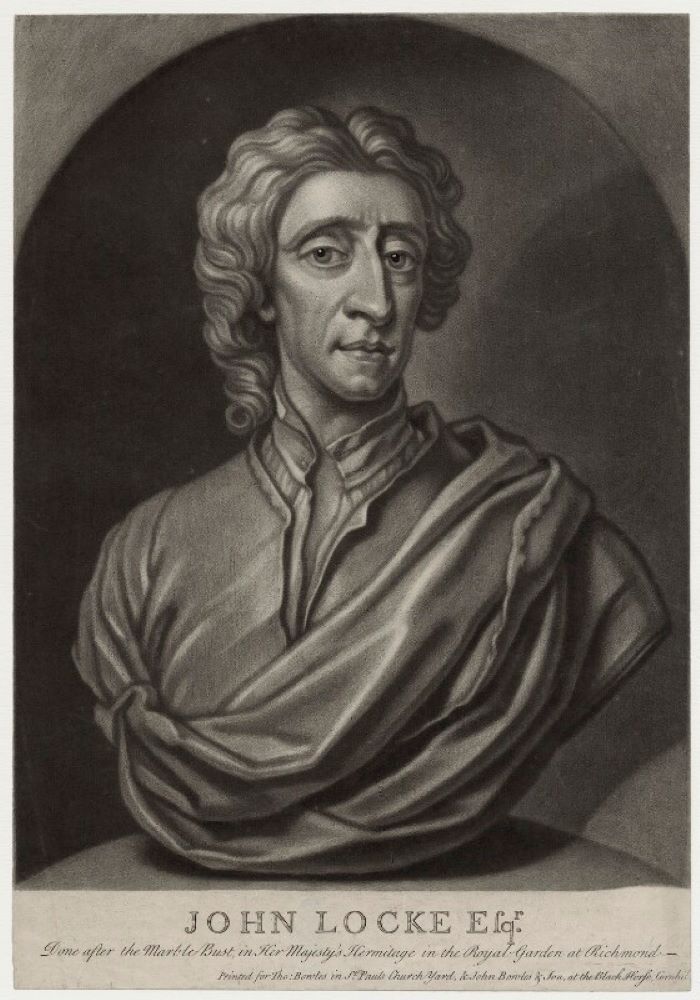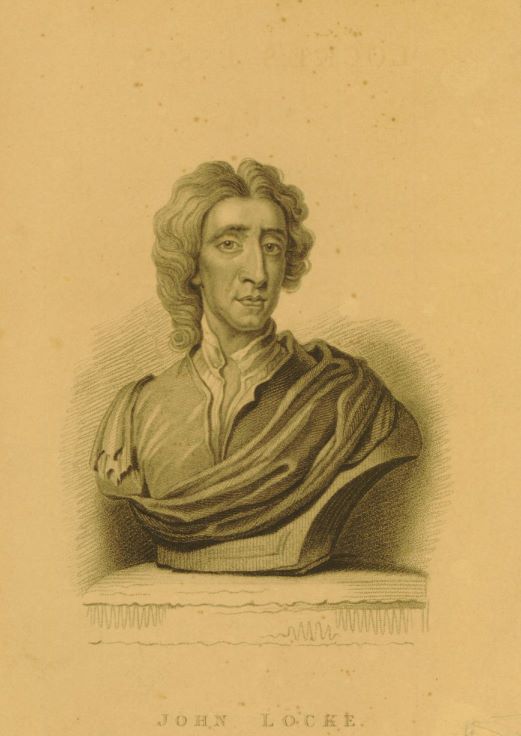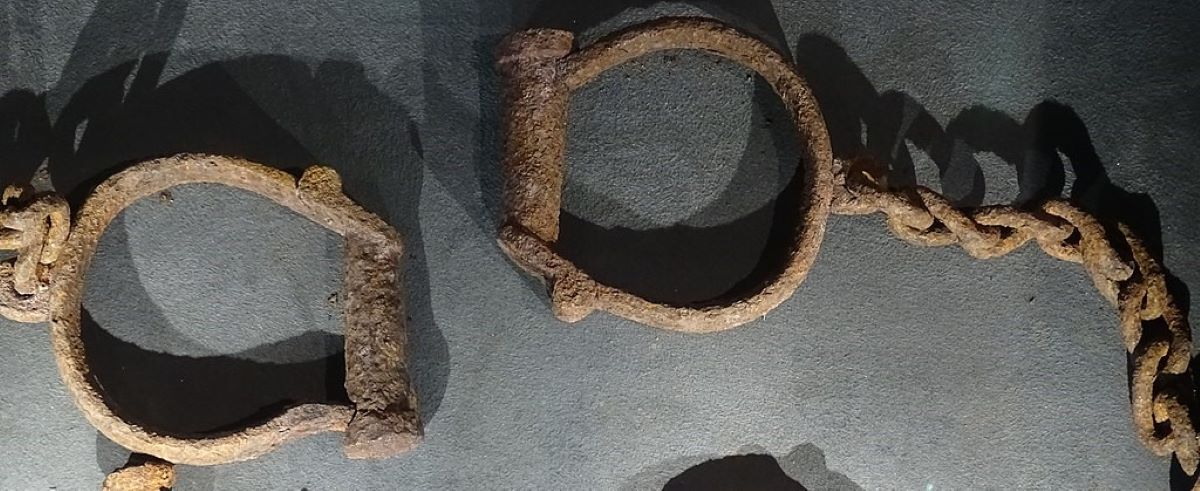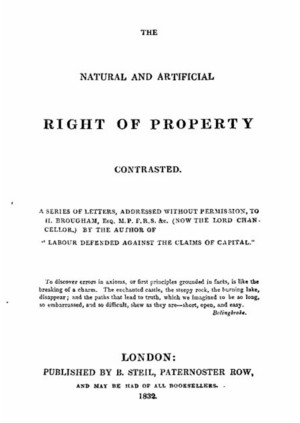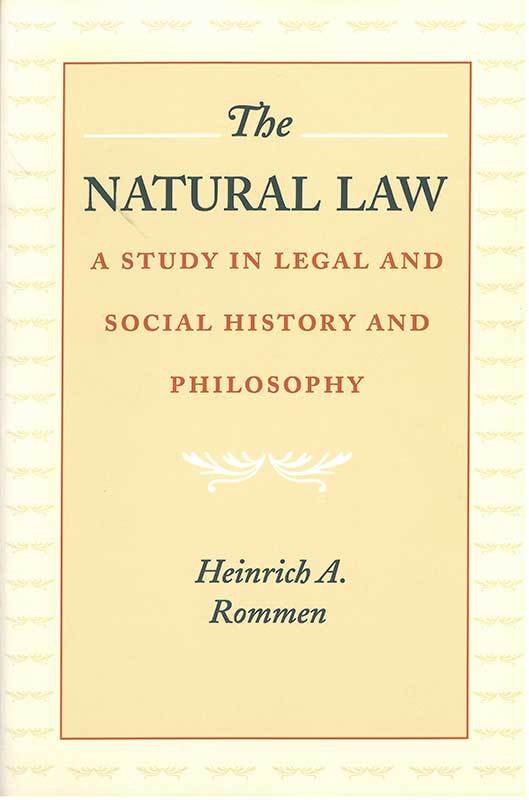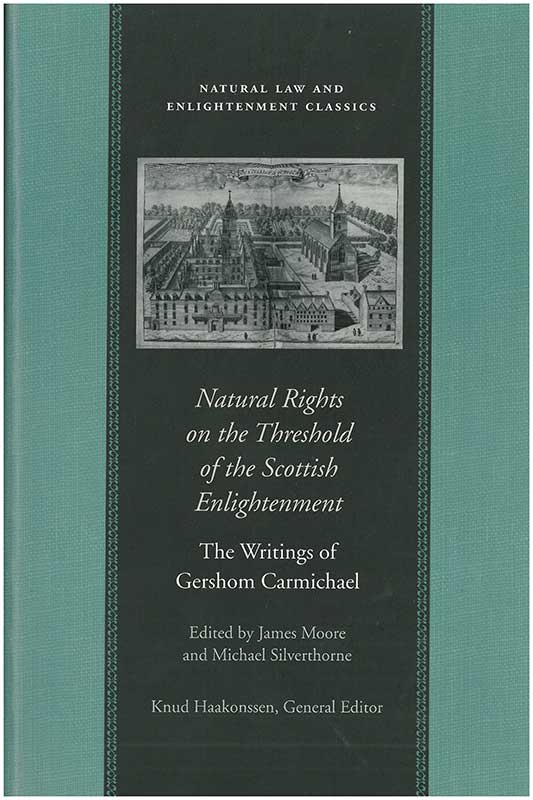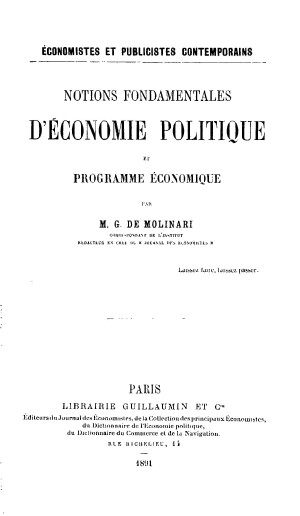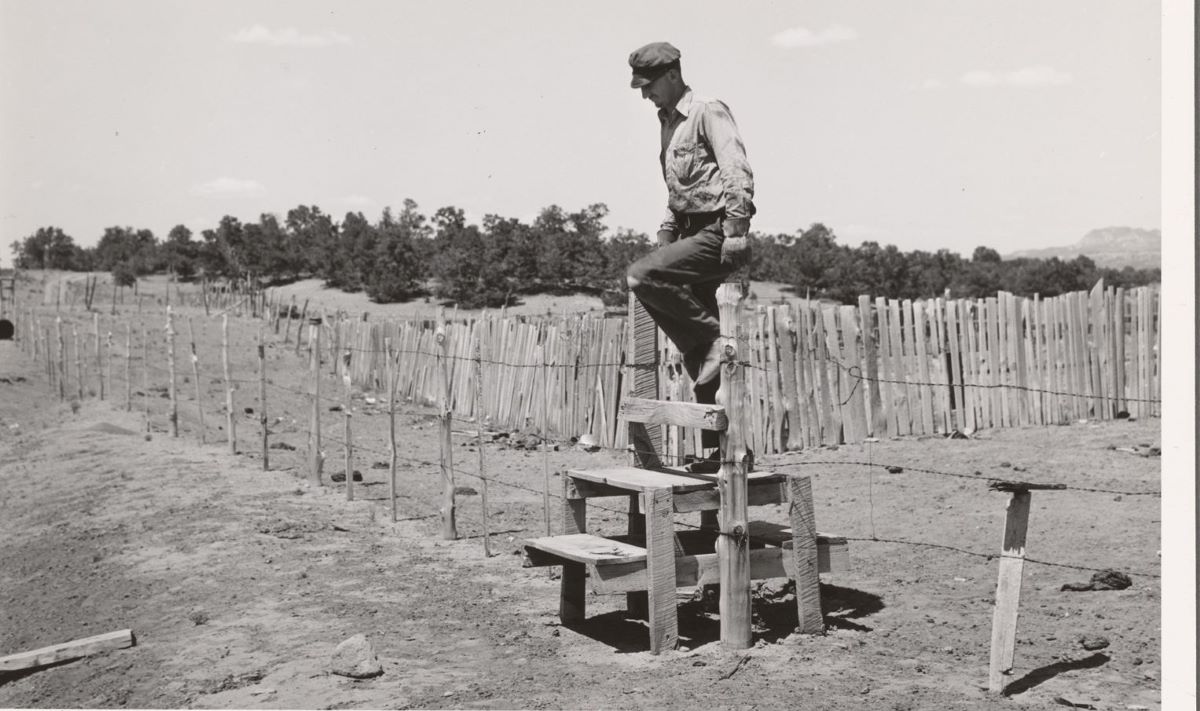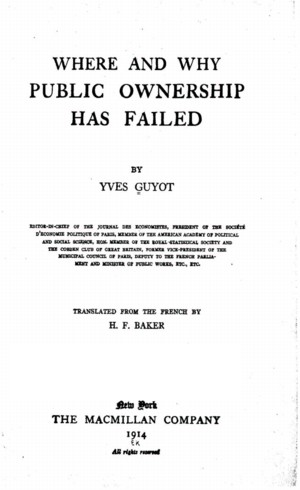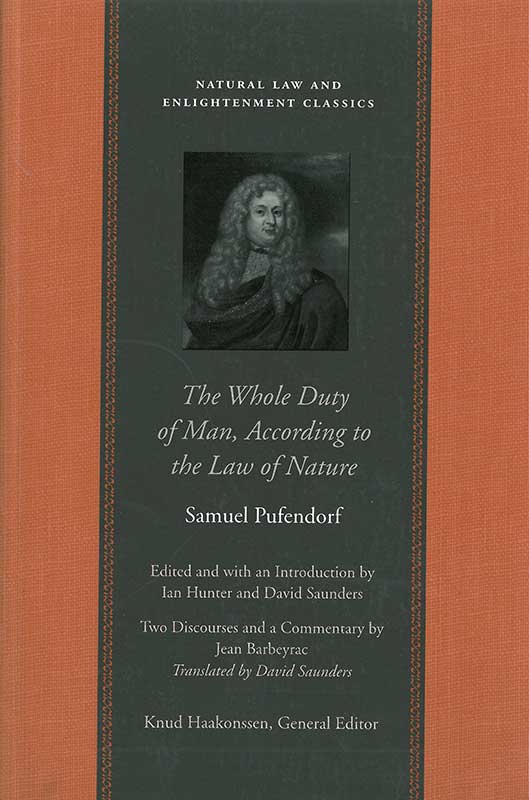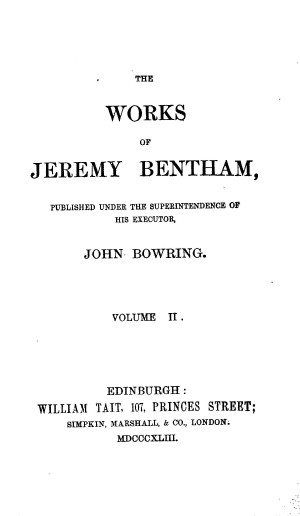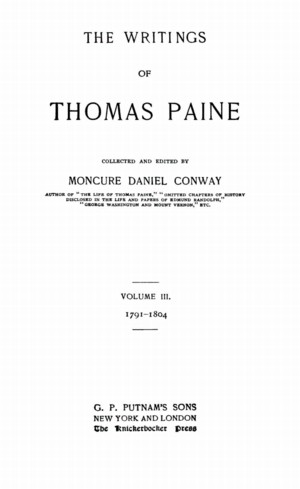Property
About this Collection
Property can be thought of as a “right” which all individuals have, as the basis for the rule of law in a free society, as a key aspect of any properly functioning free market society, and as an important part of the emergence of free societies in the West. The wide range of texts collected here reflects these multiple approaches to property.
Key People
Titles & Essays
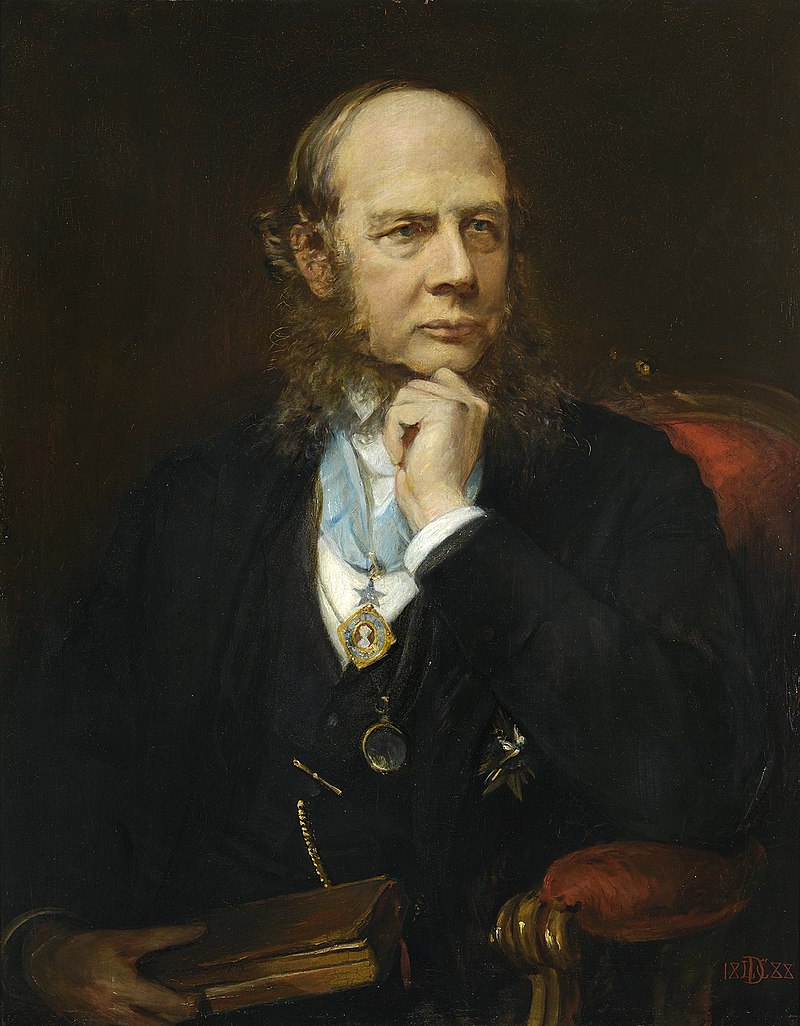
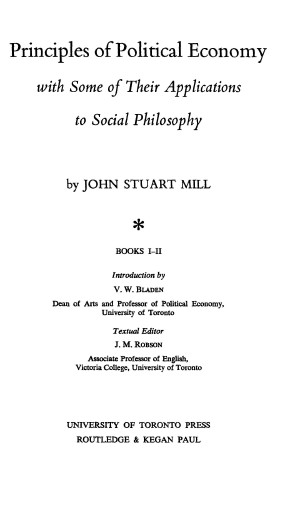
John Stuart Mill (author)
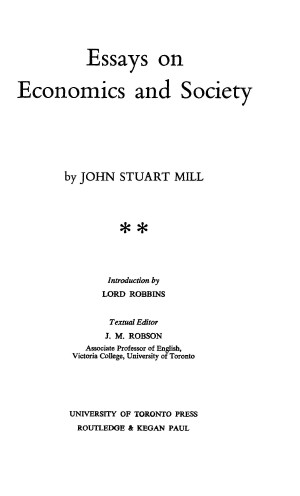
John Stuart Mill (author)
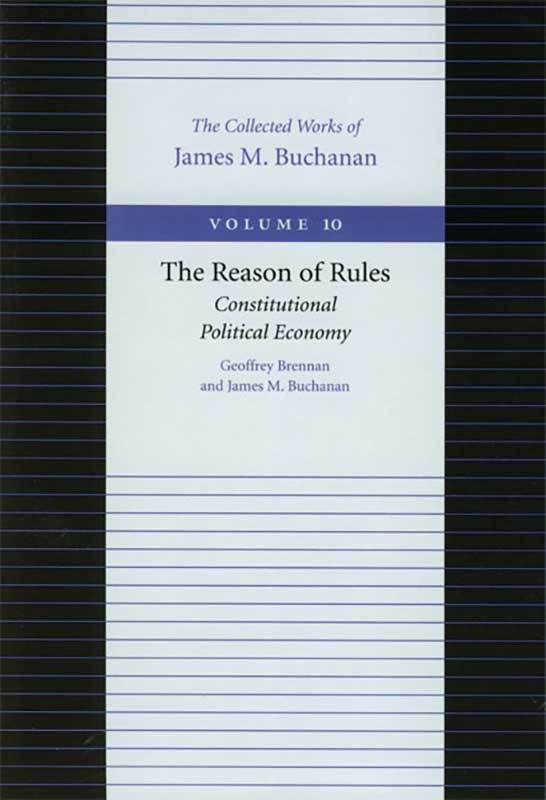
James M. Buchanan (author)
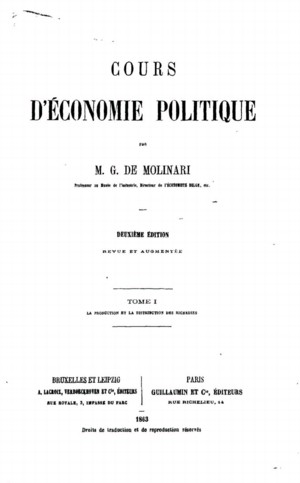
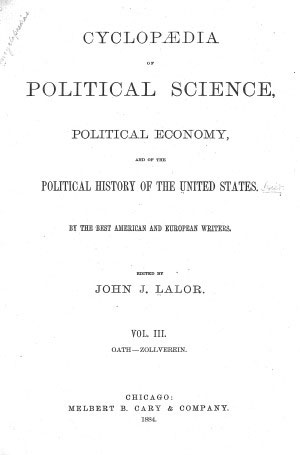
John Joseph Lalor (editor)
LIBERTY MATTERS
LIBERTY MATTERS
LIBERTY MATTERS
LIBERTY MATTERS
LIBERTY MATTERS
LIBERTY MATTERS
LIBERTY MATTERS
LIBERTY MATTERS
LIBERTY MATTERS
LIBERTY MATTERS
LIBERTY MATTERS
LIBERTY MATTERS
LIBERTY MATTERS
LIBERTY MATTERS
LIBERTY MATTERS
LIBERTY MATTERS
LIBERTY MATTERS
LIBERTY MATTERS
LIBERTY MATTERS
LIBERTY MATTERS
LIBERTY MATTERS
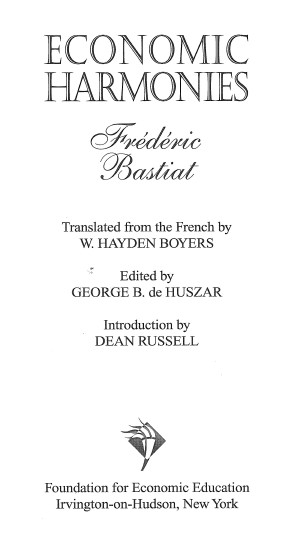
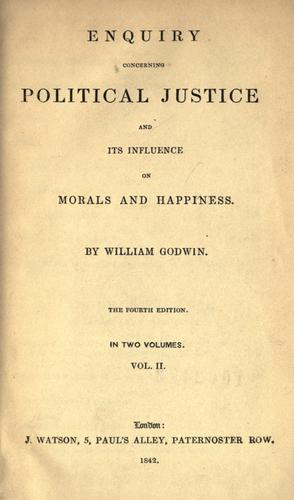
LIBERTY MATTERS
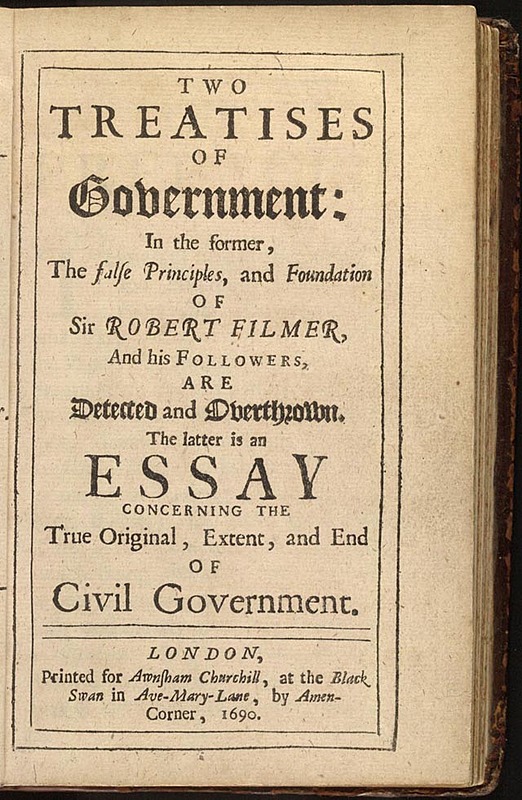
Eric Mack (contributor)
John Locke (1632-1704) is a key figure in the history of classical-liberal thought. His Second Treatise of Government (1689) is the canonical text in political philosophy that most extensively and systematically...
LIBERTY MATTERS
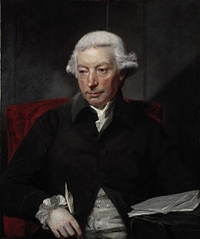
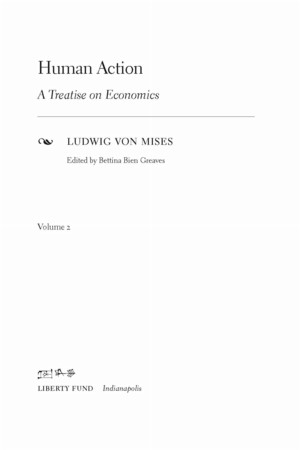
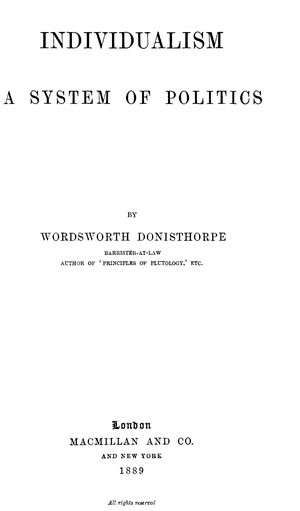
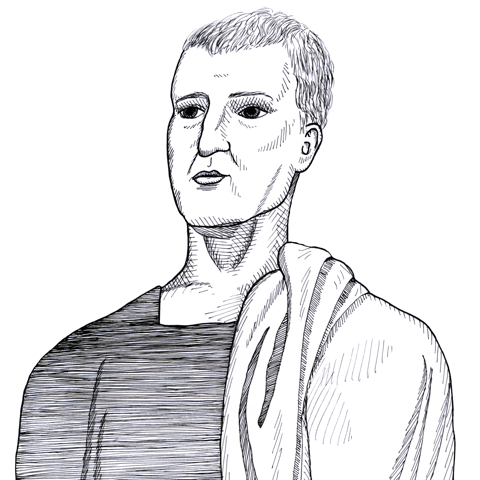
THE READING ROOM
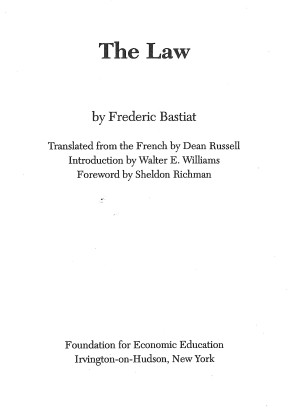
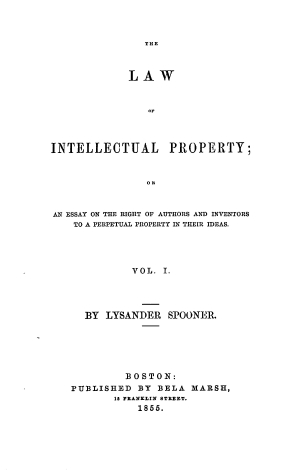
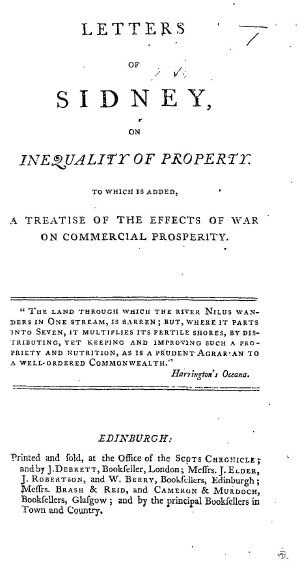
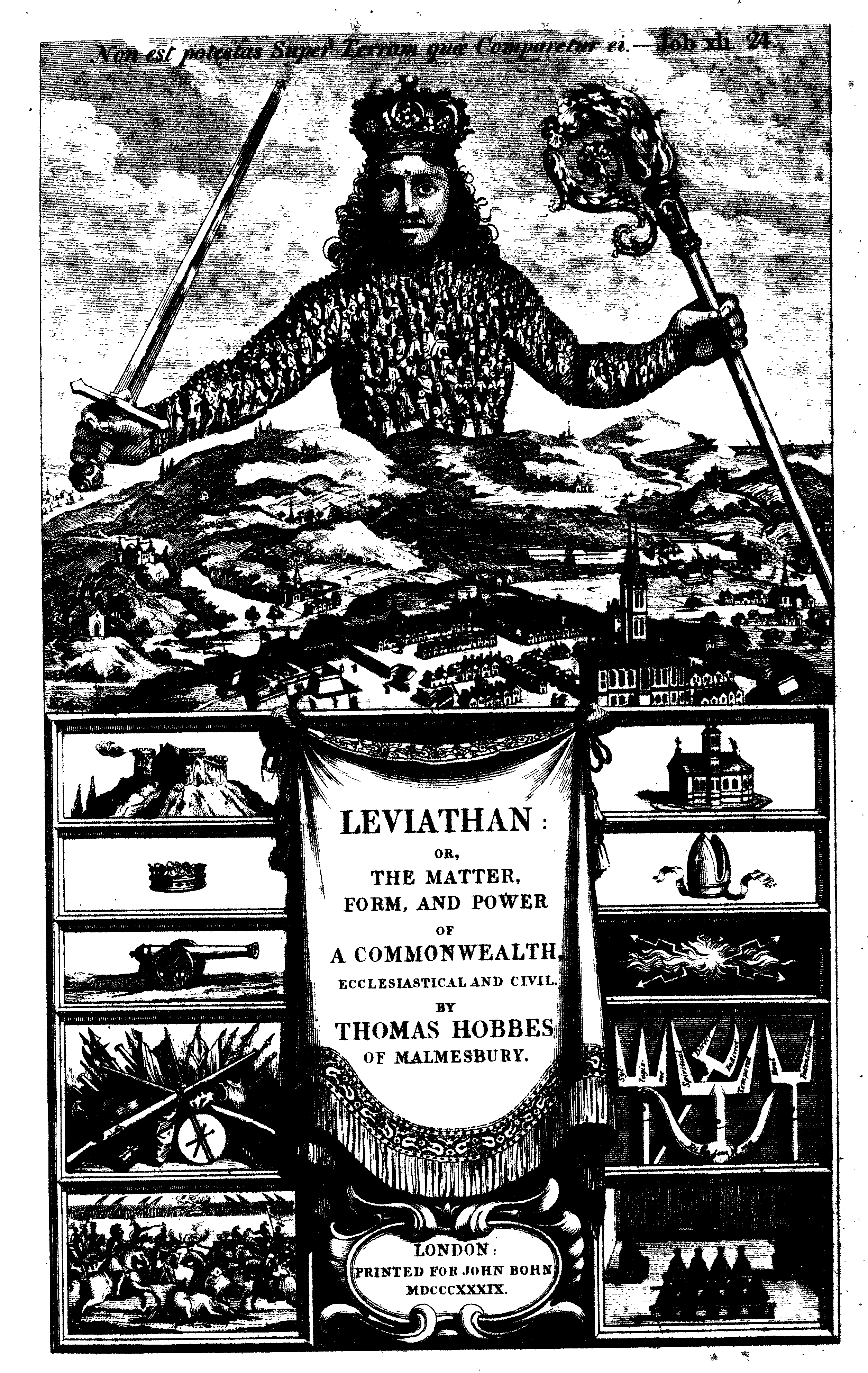
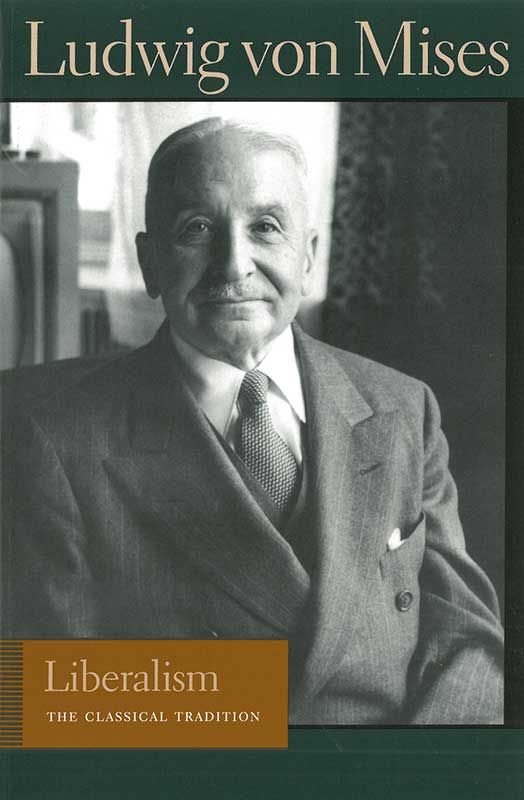
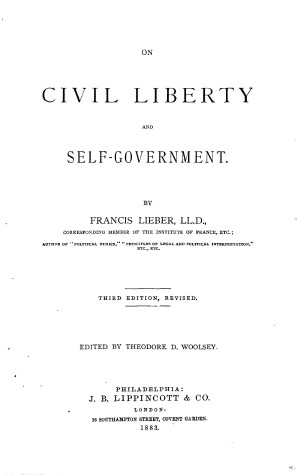
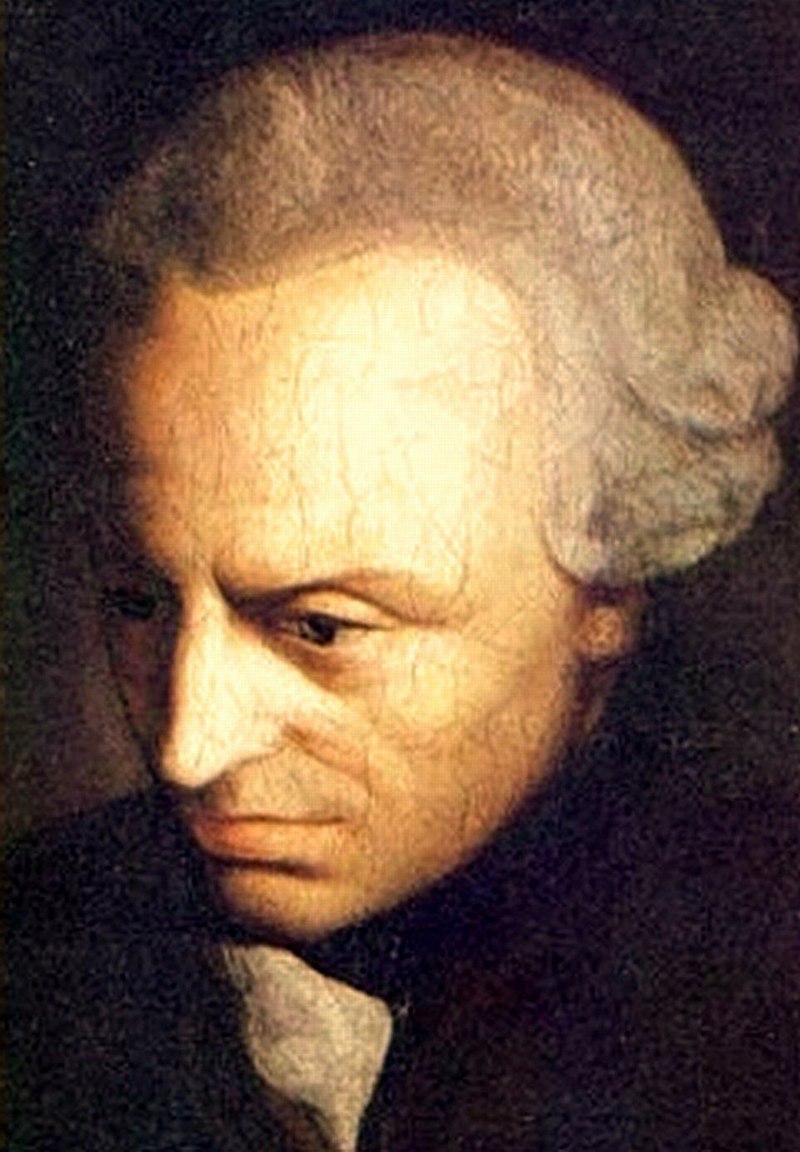
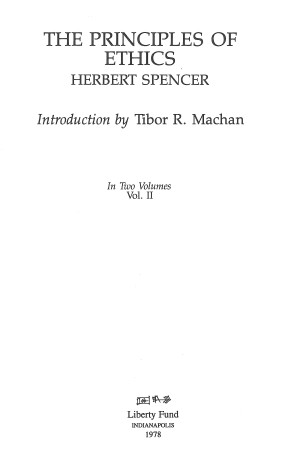
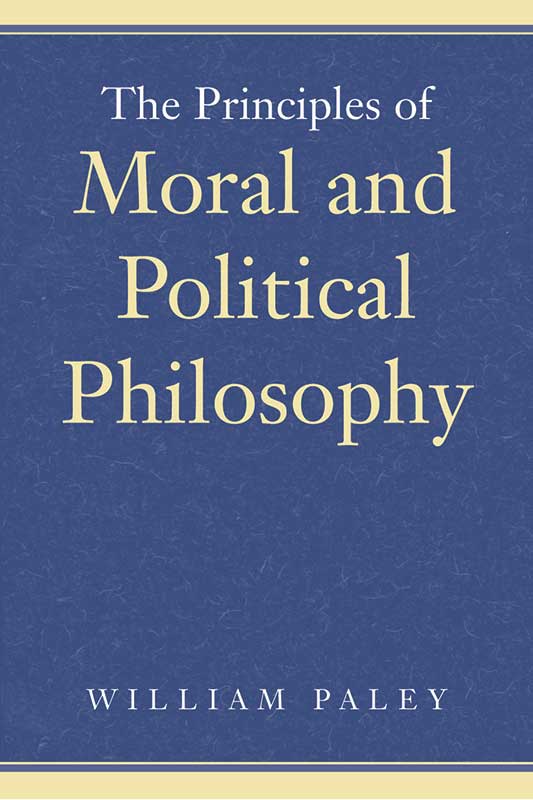
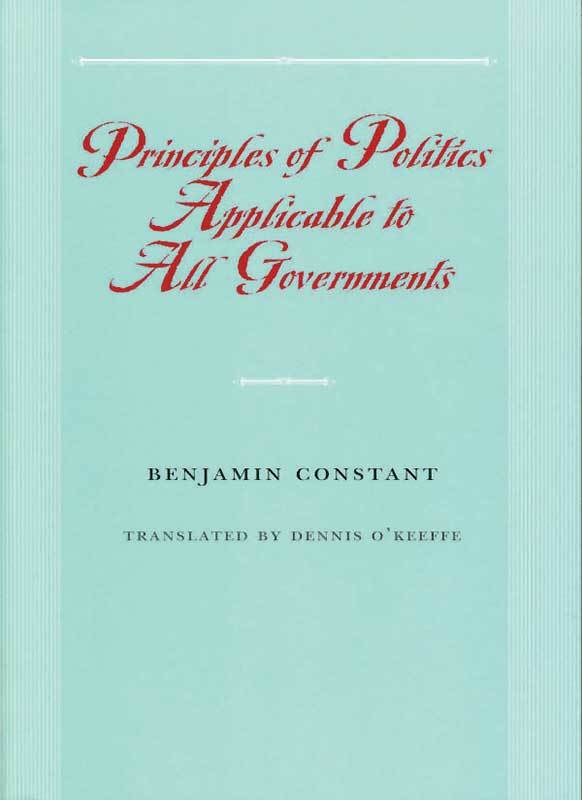
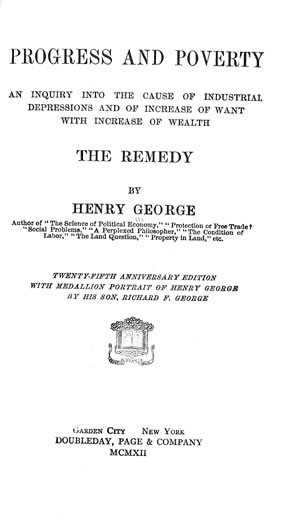
THE READING ROOM
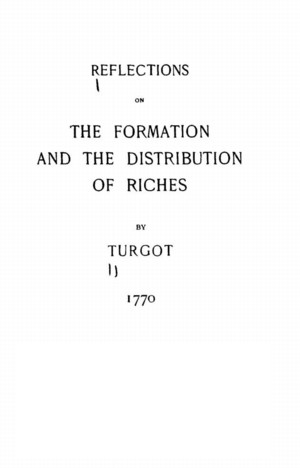
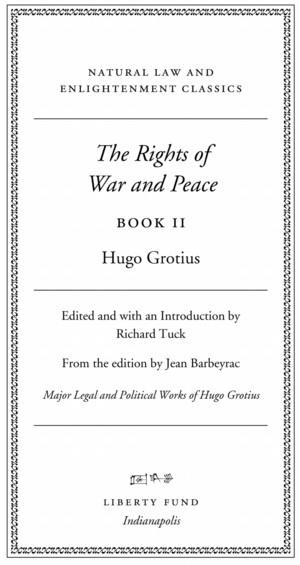
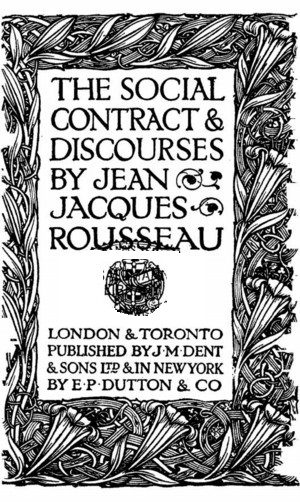
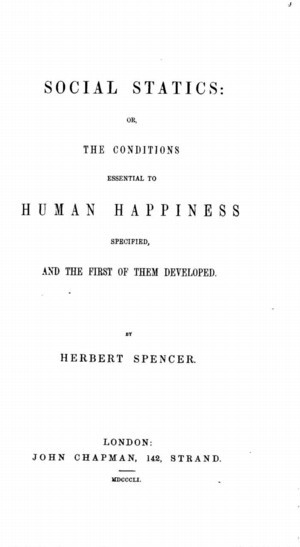
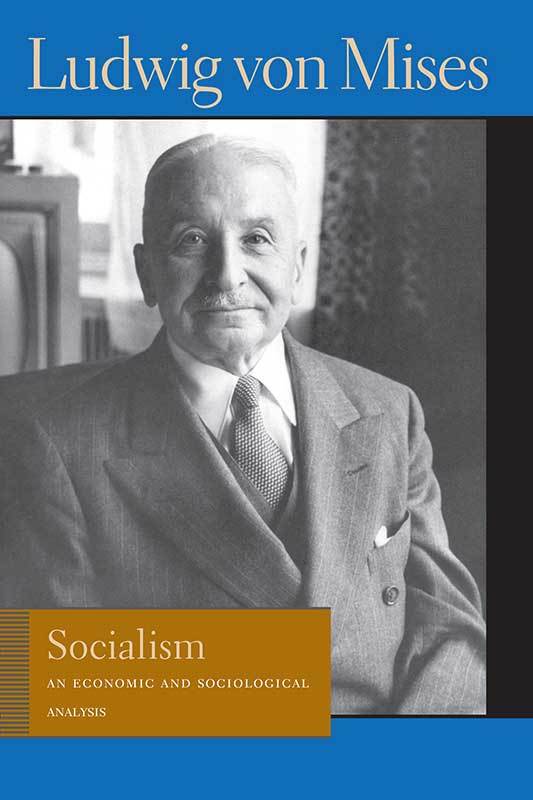
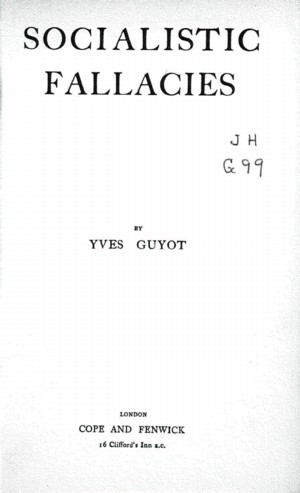
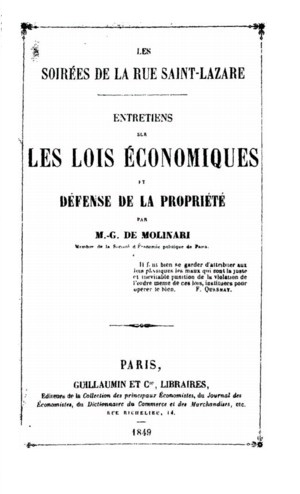
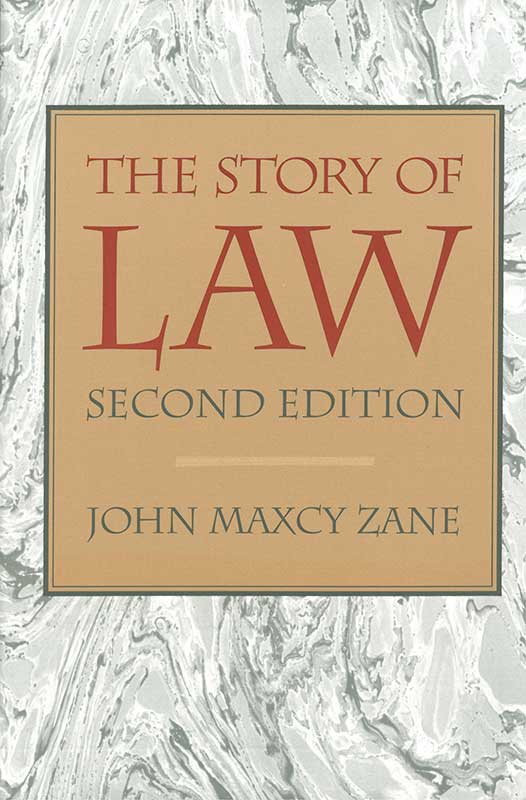
John Maxcy Zane (author)
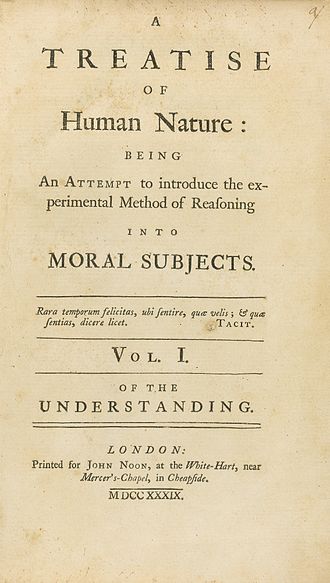
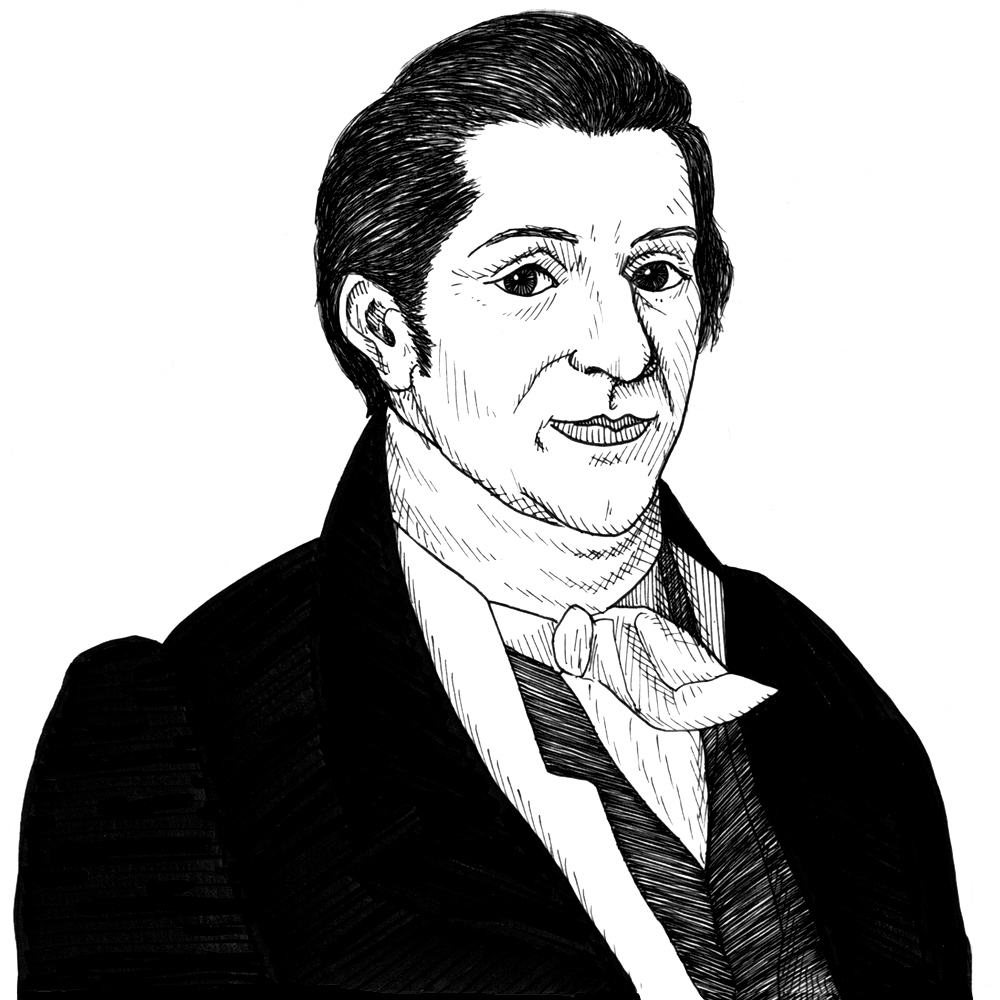
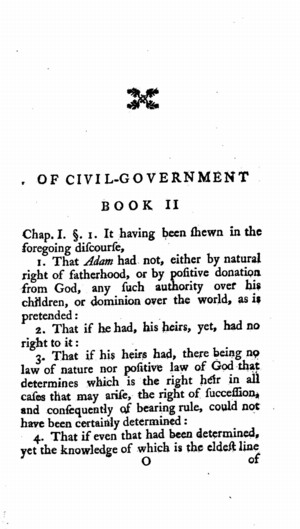
Quotes
Property Rights
Auberon Herbert on the “magic of private property” (1897)
Parties & Elections
Auberon Herbert warns that the use of force is like a wild and dangerous beast which can easily get out of our control (1906)
Property Rights
David Ricardo on how “insecure tenure” of property rights harms the poor (1824)
Property Rights
Herbert Spencer on human nature and the right to property (1851)
Property Rights
J.B. Say on the self-evident nature of property rights which is nevertheless violated by the state in taxation and slavery (1817)
Property Rights
James Mill on the natural disposition to accumulate property (1808)
Property Rights
John Taylor on how a “sound freedom of property” can destroy the threat to Liberty posed by “an adoration of military fame” and oppressive governments (1820)
Property Rights
Lord Kames states that the “hoarding appetite” is part of human nature and that it is the foundation of our notion of property rights (1779)
Property Rights
Louis Wolowski and Pierre Émile Levasseur argue that Property is “the fruit of human liberty” and that Violence and Conquest have done much to disturb this natural order (1884)
Property Rights
McCulloch argues that the right to property extends to “the faculties of (one’s) mind and the powers of (one’s) body” (1864)
Property Rights
Molinari defends the right to property against the socialists who want to overthrow it, and the conservatives who defend it poorly (1849)
Rhetoric of Liberty
Molinari on mankind’s never-ending struggle for liberty (1849)
Property Rights
Percy Shelley on the two types of property [1820]
Economics
Robert Molesworth on the benefits of open borders and free immigration (1705)
Property Rights
Say on a person’s property right in their own “industrious faculties” (1819)
Law
Sir Edward Coke declares that your house is your “Castle and Fortress” (1604)
Property Rights
Sir William Blackstone argues that occupancy of previously unowned land creates a natural right to that property which excludes others from it (1753)
Politics & Liberty
Spooner on the “knaves,” the “dupes,” and “do-nothings” among government supporters (1870)
Religion & Toleration
St. John, private property, and the Parable of the Wolf and the Good Shepherd (2ndC AD)
Property Rights
Thomas Hodgskin argues for a Lockean notion of the right to property (“natural”) and against the Benthamite notion that property rights are created by the state (“artificial”) (1832)
Property Rights
Thomas Hodgskin on the futility of politicians tinkering with bad laws when the whole political system needed to be changed (1832)
Property Rights
William Paley on the tragedy of the commons (1785)
Property Rights
Wolowski on property as a sacred right which is an emanation from man’s very being (1863)
